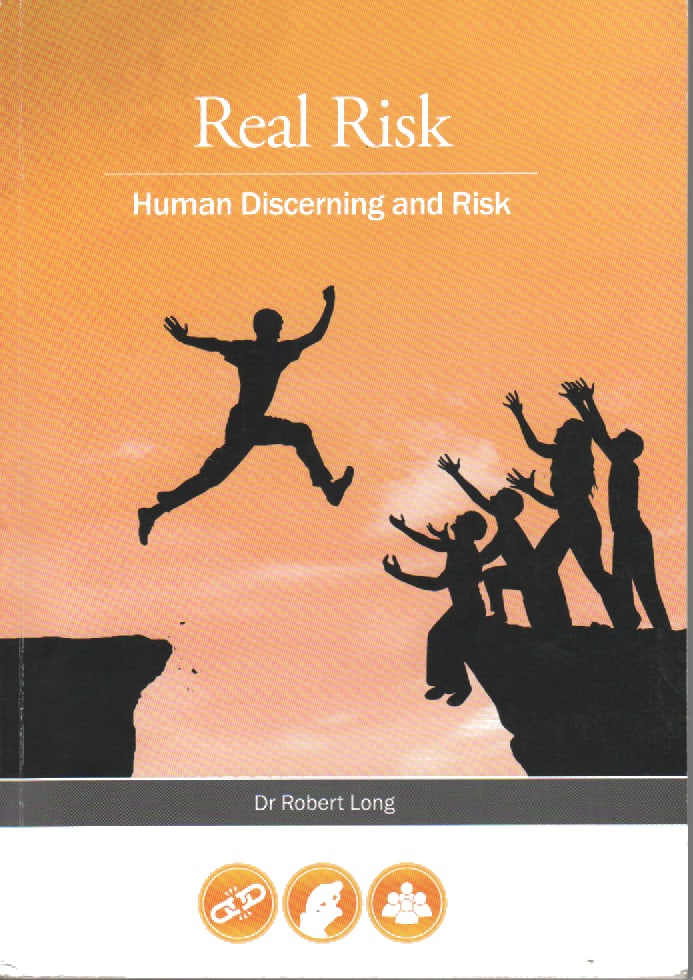Next month Australia hosts the G20 but there is always a lot of activity leading to this meeting and labour relations is part of that preparation. In September 2014 the G20 conducted its Labour and Employment Ministerial meeting at which a Declaration was released that includes some occupational health and safety (OHS) information. The Declaration is full of “weasel words” and “soft verbs” but it is worth noting so that the actions of governments on OHS in the future can be referenced, even though tangible results will be few.
On promoting safer workplaces, the Declaration states:
“Improving workplace safety and health is an urgent priority that protects workers and contributes to increased productivity and growth. We agree to take further steps to reduce the substantial human and economic costs associated with unsafe workplaces and work-related illnesses. We endorse the attached G20 Statement on Safer and Healthier Workplaces (Annex C), and we commit, as appropriate, to implement its recommendations in collaboration with governments, international organisations and social partners.”
If we were to deconstruct this statement, accepting that the paragraph is extracted from the labour relations context, the Australian Government, and other parties, does not accept that OHS is an “urgent priority”, only that improving it is. Any government can prove that it is “improving” OHS even when controls are removed due to red tape reduction or by the ideological strategy of increasing employer control through increased flexibility.

 When people mention safety, they are often really talking about risk. In a similar way, people talk about the absurdity of ‘elf ‘n’ safety when they actually mean public liability or food safety or
When people mention safety, they are often really talking about risk. In a similar way, people talk about the absurdity of ‘elf ‘n’ safety when they actually mean public liability or food safety or